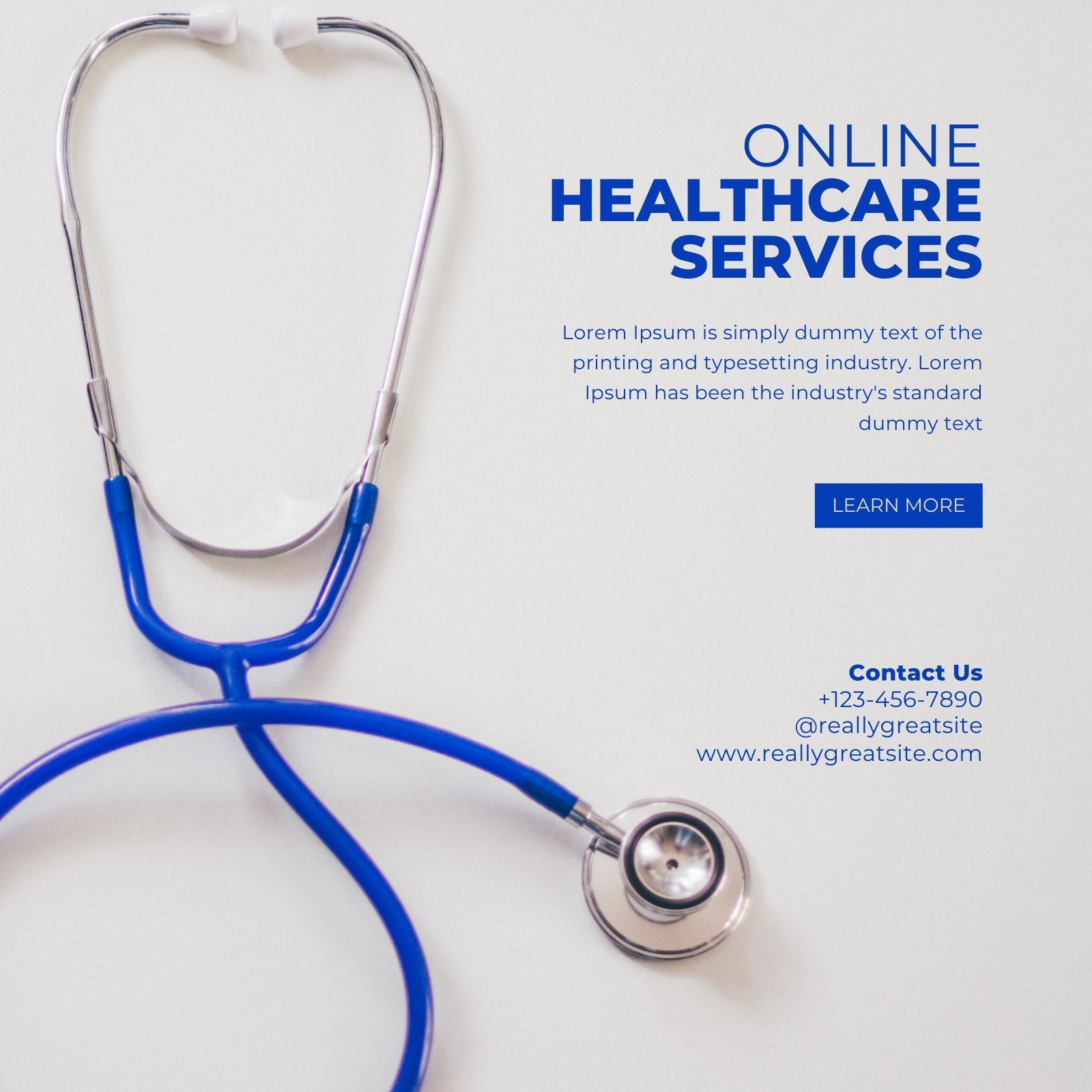Understanding the Expense Savings of Subscription Based Healthcare for Families
Understanding the Expense Savings of Subscription Based Healthcare for Families
Blog Article
The Rise of Subscription-Based Medical Care and Its Effect On Patient Care
As medical care develops, the subscription-based model is acquiring traction, assuring to transform patient treatment by supplying predictability and accessibility. The potential for these versions to reshape medical care delivery increases pushing concerns about their long-term sustainability and inclusivity. Are these membership solutions the future of medical care, or do they take the chance of leaving susceptible populaces behind?
Understanding Subscription Medical Care Designs
Grasping the concept of subscription healthcare versions includes analyzing a transformative strategy to medical solutions that stresses price and availability. These designs, typically described as direct medical care (DPC) or attendant medicine, have actually become cutting-edge options to standard fee-for-service healthcare systems. Subscription health care enables patients to pay a fixed regular monthly or annual cost for a specified collection of medical solutions, which may include unrestricted workplace gos to, regular check-ups, and fundamental lab examinations, without the need for conventional insurance coverage payment.
The framework of registration health care models is created to enhance patient treatment by removing third-party payers and complex invoicing codes, thus minimizing management problems. Doctor can focus a lot more on individual care, fostering stronger patient-provider partnerships. This design likewise advertises preventative care by encouraging normal check outs, as the monetary barrier of per-visit charges is eliminated.
The registration model usually equips doctor to take care of smaller sized client panels, enabling for even more customized treatment. It lines up economic rewards with individual health results, as suppliers are motivated to preserve patient satisfaction and health. Generally, recognizing subscription health care models requires acknowledging their possible to improve just how treatment is provided and accessed.
Advantages for Clients and Carriers

With a steady earnings stream, medical care specialists can dedicate even more time to each client, leading to an extra detailed and personalized treatment experience. The focus on precautionary care within registration strategies can lead to far better person results and reduced long-lasting health care prices.
Challenges and Concerns
While subscription-based medical care designs existing various advantages, they also come with a set of challenges and problems that need to be attended to. This raises moral concerns about equitable accessibility to health care services.
Financial sustainability of subscription-based designs is another problem. Carriers should balance the fixed earnings from subscriptions with the variable expenses of medical care services, which may change because of unforeseen medical needs. This can develop pressure to limit services or rise charges, potentially affecting patient complete satisfaction and care high quality.
Additionally, regulative oversight of subscription-based medical care versions is still advancing. The lack of standardized frameworks can bring about irregular solution top quality and responsibility, complicating initiatives to guarantee patient security. The combination of technology-- typically a cornerstone of these designs-- increases concerns about data personal privacy and security, as delicate patient info might be vulnerable to breaches. Attending to these challenges is critical for the equitable and successful application of subscription-based health care.
Influence On Patient-Doctor Relationships
One considerable impact of subscription-based medical care models on patient-doctor relationships is the possibility for improved continuity and individualized treatment. By embracing a subscription model, physicians can handle a smaller individual panel, permitting for more devoted time with each person. This raised accessibility cultivates a deeper understanding of a client's case history, lifestyle, and preferences, allowing much more tailored therapy strategies and treatments.

Nevertheless, it is important to identify that while subscription-based versions may profit those that can afford them, they might unintentionally broaden medical care disparities. Individuals who are incapable to join these models resource may experience lower accessibility to customized care, possibly impacting their partnerships with doctor. Therefore, while the subscription design offers promising benefits for patient-doctor partnerships, it also positions difficulties that need to be resolved to guarantee fair medical care access.
Future of Health Care Access

The function of innovation can not be forgotten in this improvement. Telemedicine platforms and electronic health and wellness documents promote seamless communication between people and doctor, breaking down logistical and geographical obstacles. In addition, innovations in expert system and information analytics can better personalize treatment by predicting person requirements and maximizing treatment plans.
Nonetheless, the future of medical care access additionally provides obstacles, such as see here guaranteeing equity throughout various socio-economic teams. Policymakers and doctor must team up to bridge the electronic divide, making certain that subscription-based models stay comprehensive and inexpensive. As these systems grow, they hold the guarantee of making medical care more obtainable, efficient, and patient-centric.
Verdict
Subscription-based healthcare models are reshaping individual treatment by giving a secure expense framework and enhancing availability. These models enhance patient-provider connections through customized treatment and regular sees, stressing preventative wellness. Despite these benefits, challenges such as accessibility problems for low-income populations and the need for equitable medical care services persist. The rise of subscription-based health care encourages aggressive individual engagement, which has the possible to improve individual results and satisfaction, indicating a transformative shift in medical care distribution.
As medical care evolves, the subscription-based design is getting traction, assuring to revolutionize individual care by using predictability and access.Subscription-based healthcare designs use distinctive advantages for both providers and clients, boosting the general medical care experience.As healthcare systems advance, the future of medical care access often pivots on the assimilation of cutting-edge versions and technologies.Subscription-based health care versions are reshaping patient care by supplying a steady cost structure and enhancing ease of access. The increase of subscription-based health care encourages positive person engagement, which has the prospective to improve person results Learn More Here and satisfaction, signaling a transformative shift in healthcare shipment.
Report this page